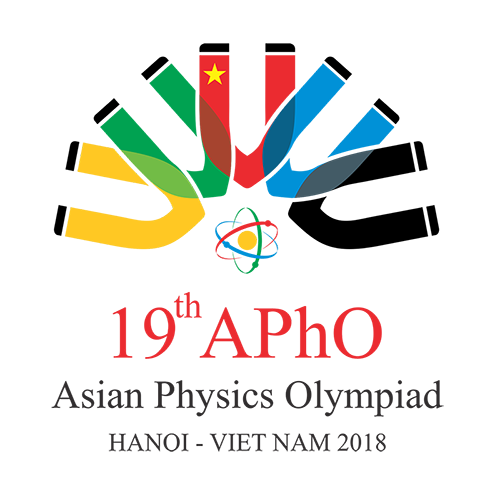audio – LBJ withdraws – Westmoreland explaining TET results –
Welcome to THE MAKING OF A NATION — American history in VOA Special English. I’m Steve Ember.
Today, we continue the story of America’s thirty-sixth president, Lyndon Baines Johnson.
By early nineteen sixty-four, America had about seventeen thousand troops in Vietnam. The troops were there to advise and train the South Vietnamese military.
Vietnam had gained its independence from France in nineteen fifty-four. The country was divided into North and South. The North had a communist government led by Ho Chi Minh. The South had an anti-communist government led by Ngo Dinh Diem.
In nineteen fifty-seven, communist rebels — the Viet Cong — launched a violent campaign in the South. They were supported by the government of North Vietnam and later by North Vietnamese troops. Their goal was to overthrow the government in the South.
President Johnson believed that the United States had to . South Vietnam. Many Americans agreed. They believed that without American help, South Vietnam would become communist. There were concerns about the so-called Domino Theory, that if South Vietnam fell, other Southeast Asian countries would also fall to communists.
As Johnson began his full term, his military advisers told him the communists were losing the war. They told him that North Vietnamese troops and Viet Cong forces would soon stop fighting.
On February sixth, nineteen sixty-five, however, the Viet Cong attacked American camps at Pleiku and Qui Nhon. The Johnson administration immediately ordered air strikes against military targets in the North.
In March nineteen sixty-five, the first American combat troops arrived in South Vietnam. Congress supported the president’s actions at that time. However, the number of Americans who opposed the war began to grow. These people said it was a civil war. They said the United States had no right, or reason, to intervene.
. And the United States began to build up its forces in the South. By July, one hundred twenty-five thousand Americans were fighting in Vietnam.
Some Americans became angry. Anti-war demonstrations took place in San Francisco and Chicago.
More and more students began to protest. They wanted the war to end quickly.
Some people thought the anti-war demonstrations were only delaying peace in Vietnam. James Reston believed the demonstrations would make Ho Chi Minh think America did not . its troops. And that, he said, would only make him continue the war.
In December of nineteen sixty-five, the United States again halted its air campaign against North Vietnam. Again, it invited the North Vietnamese government to negotiate an end to the fighting. And, again, the North refused.
In nineteen sixty-six, President Johnson renewed the bombing in North Vietnam. He also increased the number of American troops in South Vietnam.
Opposition to the war led to bigger and bigger demonstrations.
In July nineteen sixty-seven, just over half the people questioned for opinion surveys said they did not approve of the president’s policies. But most Americans believed that Johnson would run again for president the next year.
Then came Tet — the Vietnamese lunar new year — in January nineteen sixty-eight.
The communists launched a major military campaign. They attacked thirty-one of the forty-four provinces of South Vietnam. They also struck at the American embassy in the capital, Saigon.
“Military police got back into the compound of the two-and-a-half million dollar embassy complex at dawn. Before that, a platoon of Viet Cong were in control. The communist raiders never got inside the main chancery building. A handful of Marines had it locked and kept them out. But the raiders were everywhere else.”
As a result of the offensive, popular . for the administration fell even more.
Democrats who opposed President Johnson seized this chance. Several ran against him for the party’s nomination in nineteen sixty-eight. These included Senator Robert Kennedy of New York and Senator Eugene McCarthy of Minnesota. Kennedy and McCarthy did well in the early primary elections. Johnson did poorly.
At the end of March nineteen sixty-eight, the president spoke to the American people. He discussed his proposal to end American bombing of North Vietnam. He talked about his appointment of a special ambassador to start peace negotiations. And he announced his decision about his own future:
“I do not believe that I should devote an hour or a day of my time to any personal partisan causes or to any duties other than the awesome duties of this office — the presidency of your country. Accordingly, I shall not seek, and I will not accept, the nomination of my party for another term as your president.”
Another major issue facing America in the nineteen-sixties was the civil rights movement, which sought to ensure equal rights for black Americans. That will be our story next week.

